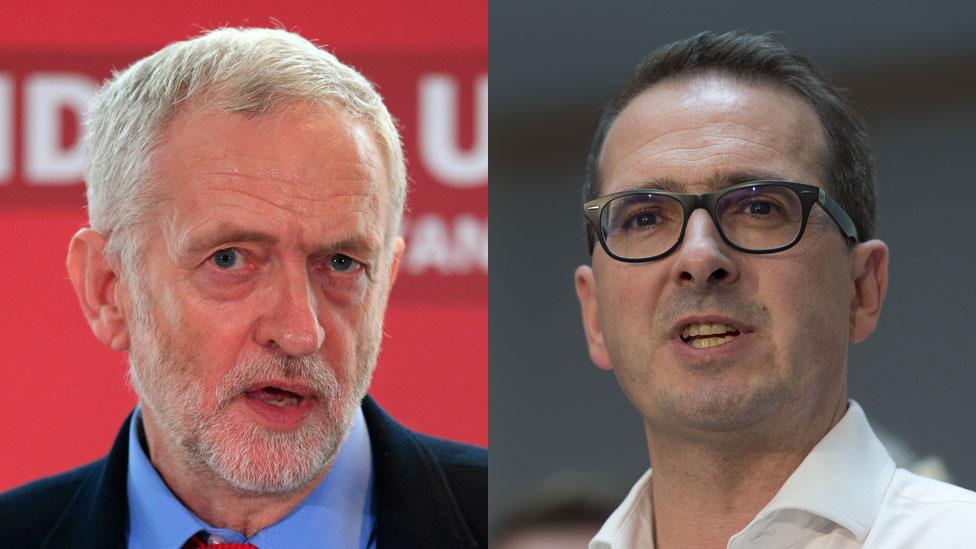Labour leadership: Members drop voting legal challenge
- Published
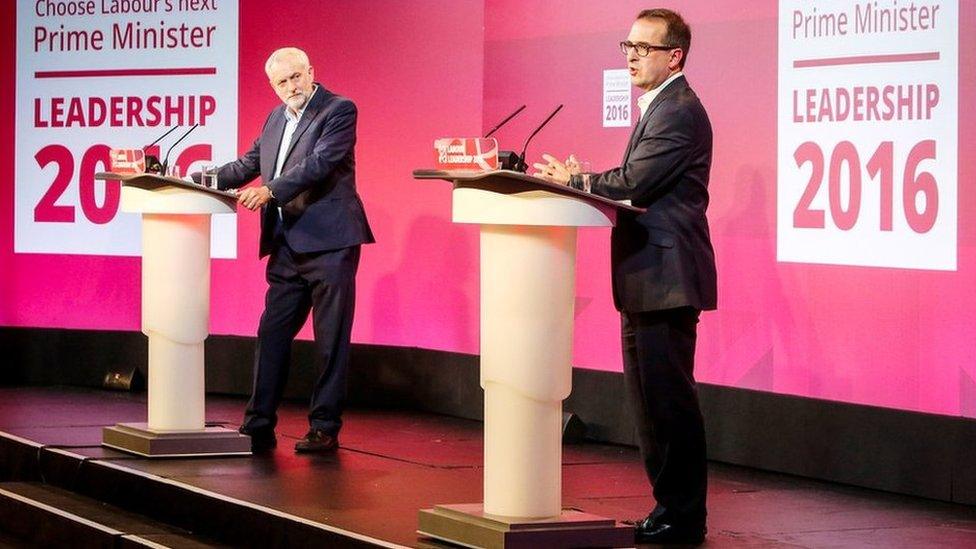
Labour's leadership election will go ahead with the exclusion of about 130,000 new members after five of them dropped a legal challenge against the decision to bar them.
On Friday the Court of Appeal ruled Labour was within its rights to stop some new members voting in the contest between Jeremy Corbyn and Owen Smith.
It overturned an earlier High Court ruling that the ban was unlawful.
The five members said they would not take their case to the Supreme Court.
The National Executive Committee (NEC), the body that governs the Labour Party, ruled that full members could only vote if they had at least six months' continuous membership by 12 July.
The party offered a window from 18-20 July when more recent members - and non-members - could pay £25 to become "registered supporters" and gain the right to vote.
The exclusion of the new members is thought to benefit Mr Smith.
The five who challenged the NEC's ruling - Christine Evangelou, Rev Edward Leir, Hannah Fordham, Chris Granger and "FM", a teenage member - have raised £93,572 in donations but said they could not afford to take the case further.
In a message posted on their crowdfunding website, Ms Fordham said: "But the case wasn't in vain - although we didn't succeed in reclaiming votes for the 130,000 disenfranchised members, we did win in the High Court, exposing facts which have spurred important conversations about the role of the Labour Party membership and the NEC."
She added that the money raised would cover their £80,000 in costs, which brought the challenge against the High Court ruling.
'Democratic rights'
The campaign team of party leader Mr Corbyn praised the efforts of the five members who initially brought the case to court.
A Jeremy for Labour spokesman said: "The strength of solidarity shown to the five claimants campaigning for the democratic rights of their fellow Labour party members has been truly remarkable.
"It is clear that there exists a huge amount of support for Jeremy's vision of a democratic Labour Party that is open and inclusive for all, so that we can achieve a Labour Government that can transform and rebuild Britain so that nowhere and no-one is left behind."
Speaking before the five members dropped their case, in an interview with the Observer, external, Mr Corbyn refused to express full confidence in the party's general secretary, Ian McNichol, who was a key figure in the NEC's appeal.
Asked twice if he had full confidence in Mr McNicol, Mr Corbyn repeatedly stated: "I have been happy to work with Iain McNicol since I became leader."
- Published11 August 2016
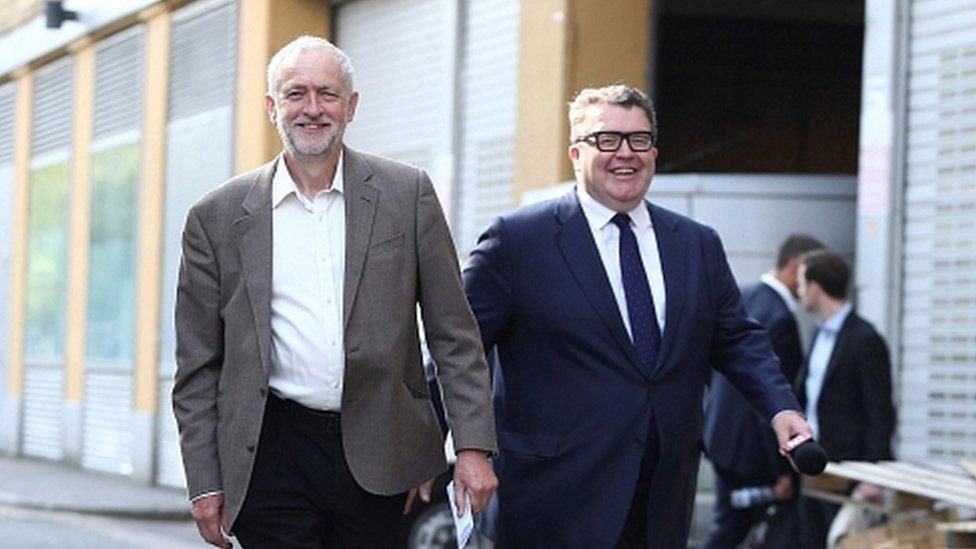
- Published9 August 2016
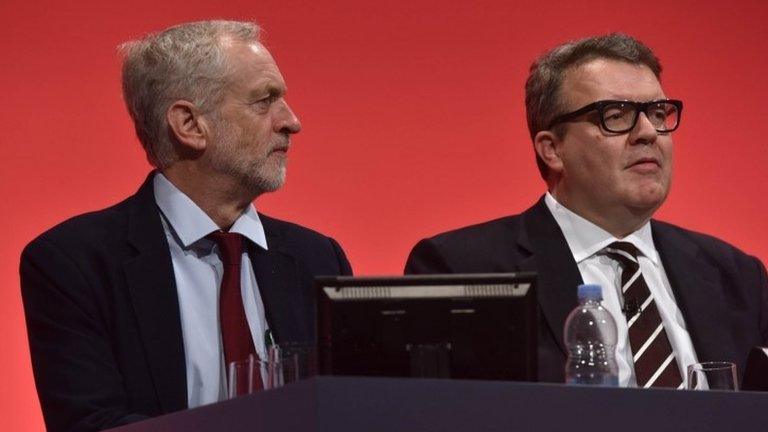
- Published8 August 2016
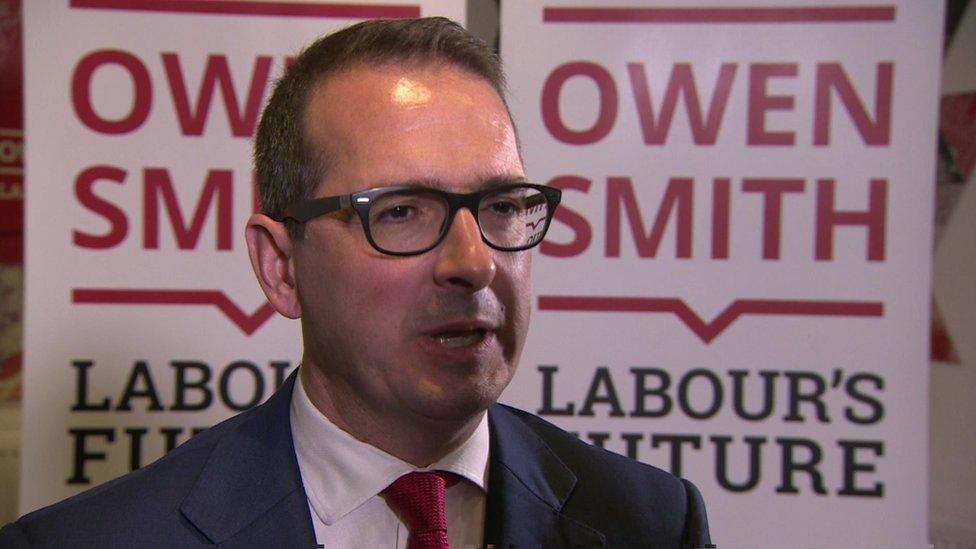
- Published8 August 2016
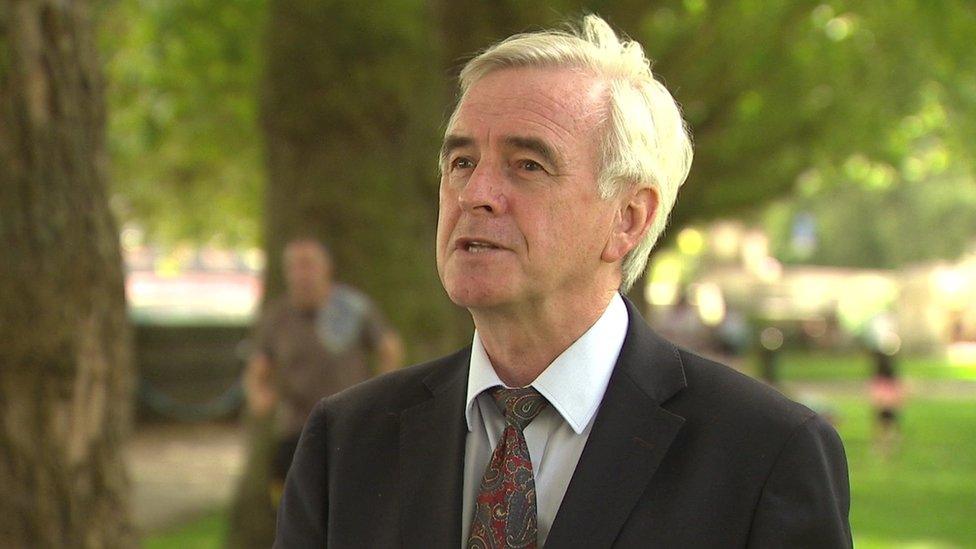
- Published9 August 2016
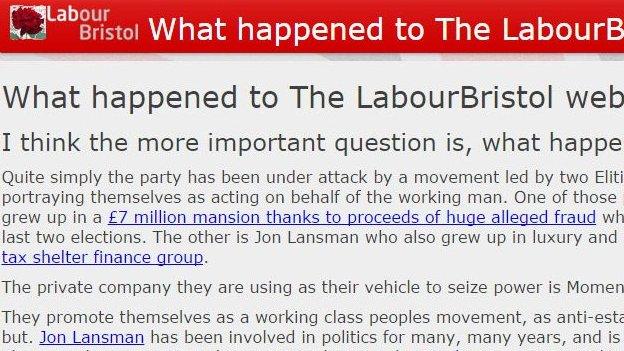
- Published21 September 2016
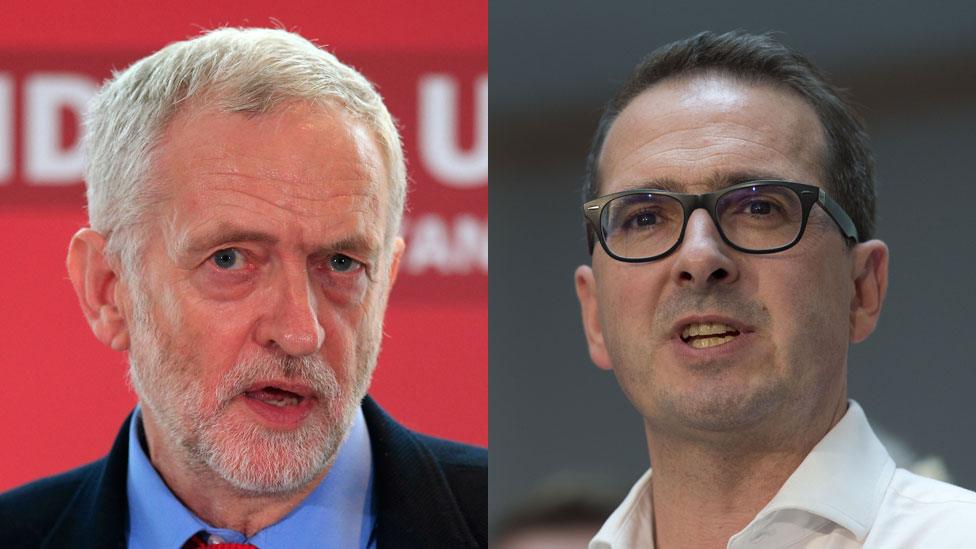
- Published23 August 2016
